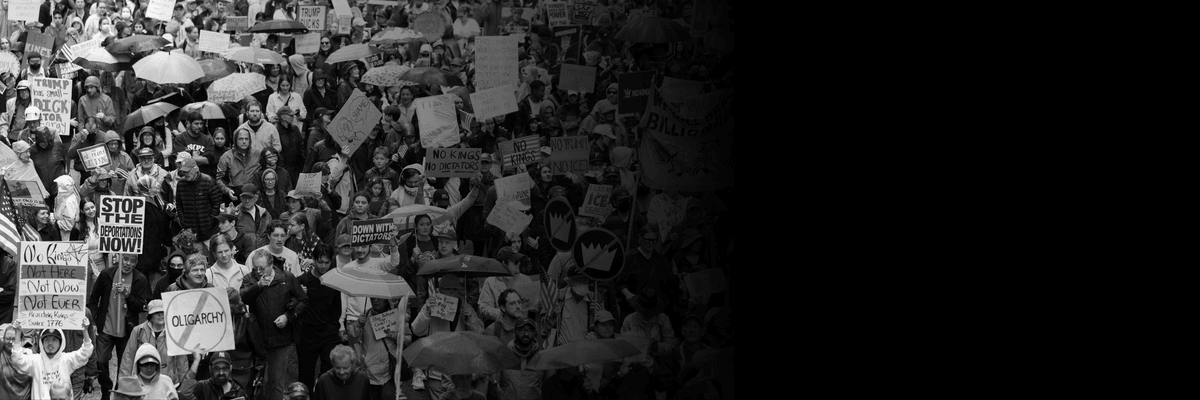Question: What would billionaire Mark Zuckerberg lose by refusing Chinese demands that he censor Facebook? What would he and his company gain from being more principled?
This came up after reading Christopher Luna's analysis of Google+ as an alternative to Facebook, Zuckerberg's social networking colossus that boasts 750 million users globally.
Google+, which launched in beta last week, has been Topic One among the "digerati," who've spent much of the week kicking the tires of Facebook's new competitor and reporting back to followers and friends.
But Luna, a masters student at Harvard Divinity School, looked at the competing services through a different lens.
He wrote that he's come to trust Google more because of its refusal to buckle to Chinese censors:
Google is currently in a power war with China, and Google has made the correct choice in its difficult decision between compromising with a totalitarian government that would exert every pressure possible, legal and illegal, to use the information that we trust to Google to continue its campaign against freedom and dissidence.
Facebook, Cisco and Microsoft have shown themselves to be much more willing to comply with Chinese gatekeepers in order to gain access to the nation's vast marketplace of users.
For Luna, Google's stance on behalf of free speech and human rights should be the deciding factor for social media users.
"The choice here isn't just about business. It's about whether a capitalist economy can show that the bottom line is not the only thing in the world that matters," he writes. "It's about whether a corporation can exist and thrive while standing by principles that support the value of human beings."
In 2011, networked technology has become a megaphone for freedom movements from Tunisia and Yemen to Burma and Vietnam. Yet at the same time new media companies have provided repressive regimes with the means to turn technology against their citizenry -- to spy on communications, censor content and, even, track down dissidents for arrest.
And while I agree with Luna that Google has a better record than Facebook on several open Internet and human rights issues, both are in the business of selling us, their users, to advertisers. For some people, that basic fact -- including their need to gather as much data as possible about us whether we are aware of it or not -- compromises their products too much. (Wouldn't it be great if those 750 million people used Diaspora's open social network instead?)
In a more perfect world tech companies that stand up for freedom and justice should naturally be more successful economically. This isn't the way our globalized markets have functioned over the centuries, but perhaps we've reached a point in our newly connected world where principles can lead to profits.
For this to succeed, though, consumers will need to become more engaged in corporate behavior both at home and abroad, and to vote with their wallets (and clicks) for the company that takes the high road.
For Luna, the choice is obvious: "I'd like to see Google win this war [with Facebook], and I know who's side I'm on here. I kind of think that leaving Facebook is one way that we can participate..."


